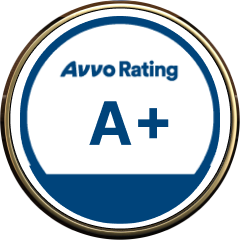Meeting with an attorney for the first time can be overwhelming. It is important to prepare yourself for this initial meeting so that the attorney can provide the best advice possible and so you don’t forget to ask any questions you may have.
Here are a few suggestions of questions to consider or items to bring to the initial meeting:
Divorces/ Separations
- When were you married/separated?
- Are there children, are you or your spouse pregnant? In an ideal world who would have the children, for how long or often? Who should make the decisions about medical care and education?
- What assets do you and your spouse have: property, vehicles, savings, etc.
- Why are you seeking a divorce? What concerns do you have about your spouse?
- Once you separate where are you going to live? Where is your spouse going to live?
Custody/Child Support
- Is there a prior order? If so bring that order (and any other orders or cause numbers with you)
- Where does the other party live? Bring a good address that they could be served at.
- What are your concerns about the other party? Are you wanting to limit visitations in some manner? Bring any documentation emails, texts, or messages that cause alarm or concern.
- Are you seeking child support? Do you know where the other party works or how much they make? Do they pay child support for other children?
- Does the other parent have a criminal history? Bring any documentation you have: date of birth, social security number, full name.
Criminal Charge
- Are you seeking counsel for yourself or a family member? If the family member is still incarcerated have their full name and a SID number.
- What charge was filed against you or your family member? Bring a copy of any documents you have been served with.
- Were there any witnesses that you are aware of that have information about what happened? If so have their names, phone numbers, or any other contact information on hand.
- Do you have any prior charges or convictions or current pending charges against you? If so provide the dates, charges, and outcomes of each.
- Do you have any other physical evidence or testimony to support your case? If so bring it.
Many of these suggestions are straight forward but important for an attorney to know in order to best advise you. Depending on the case there may be different elements of the law that need to be met in order to prevail so make sure you answer any and all questions the attorney may ask honestly.
The post Preparing For An Initial Consultation With An Attorney appeared first on Estorga Law Firm, PLLC.













